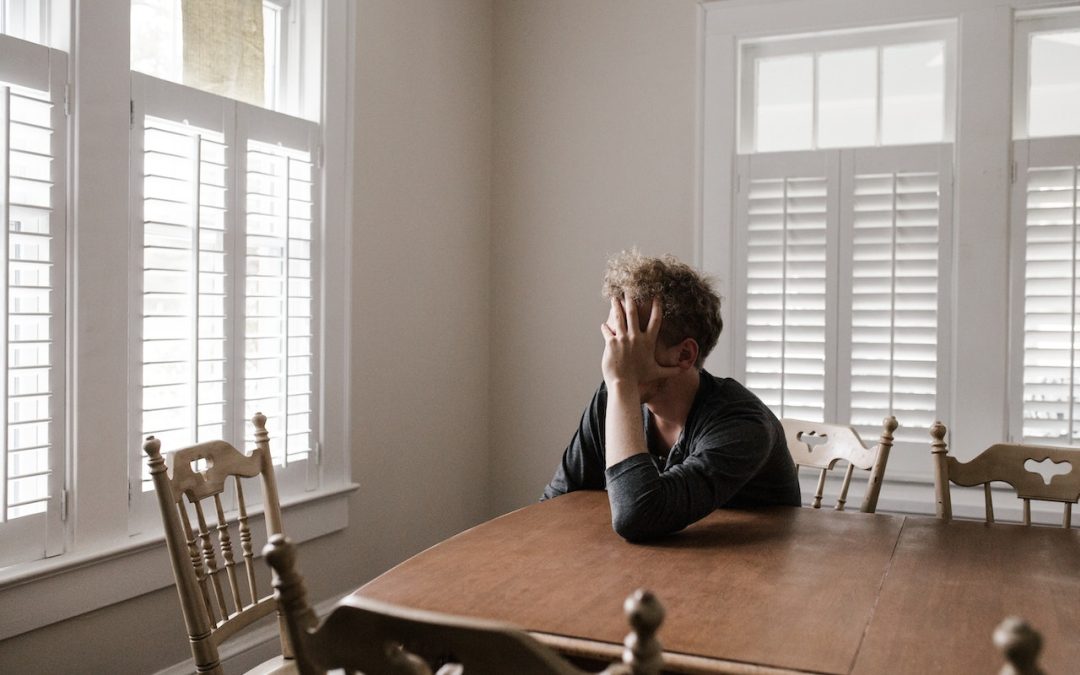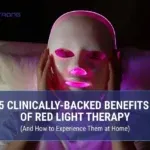By now, you should be aware that the symptoms of anxiety can greatly interfere with sleep. However, not many people actually know that anxiety itself can affect your sleep. Many people believe that their sleep issues are caused by things like physical health, but really, anxiety is one of the most common, if not the most common, causes of sleep disturbance. But why is this? Well, let’s talk about that!
Today, we’re going to talk about anxiety, discussing what it is, what symptoms it has, and how it affects your sleep:
What Is Anxiety?
Anxiety is a feeling of unease, such as worry or fear, that can be mild or severe. Everyone feels anxious at some point in their life, but for some people, anxiety can be a debilitating condition that prevents them from living a normal life.
What Are the Symptoms of Anxiety?
There are different types of anxiety disorders, each with its own symptoms. However, some common symptoms of anxiety include:
– Feeling nervous, restless, or tense
– Having a sense of impending danger, panic, or doom
– Having an increased heart rate
– Sweating
– trembling
– feeling short of breath
– feeling like you might pass out
– Avoiding situations that make you anxious
If you are experiencing any of these symptoms, it’s important to see a doctor or mental health professional to rule out other potential causes and get treatment.
Anxiety disorders are treatable, but it’s important to seek help early. If left untreated, anxiety can lead to other problems, such as depression, substance abuse, and difficulty functioning in work or school.
How Exactly Does Anxiety Affect Sleep?
Anxiety can have a significant impact on sleep. It can make falling asleep more difficult and can cause frequent waking during the night. It can also lead to restless sleep and make it difficult to stay asleep for a full night.
Anxiety can also cause physical symptoms that can further disrupt sleep, such as an increased heart rate and difficulty breathing. These symptoms can make it difficult to relax and can lead to insomnia.
How Do I Manage Anxiety and Improve Sleep?
While anxiety can have a major impact on sleep, there are things that can be done to manage anxiety and improve sleep. Some simple lifestyle changes, such as maintaining a regular sleep schedule and avoiding caffeine before bed, can make a big difference. There are also some relaxation techniques that can be helpful, such as deep breathing exercises and meditation.
If anxiety is severe and disrupts sleep on a regular basis, it may be necessary to seek professional help. Cognitive-behavioral therapy (CBT) is a type of therapy that has been shown to be effective in treating anxiety and insomnia. CBT can help to identify and change negative thought patterns that contribute to anxiety and can teach people how to manage stress better.
Conclusion
Overall, anxiety and sleep simply do not mix. In fact, your quality of life overall will be hurt by anxiety. Of course, anxiety is something we usually feel on a normal basis, but excessive anxiety can be quite detrimental to our well-being. As such, if you find that your anxiety has been causing sleep disturbances along with other challenges in life, it is vital that you reach out to health professionals to defend your well-being. With their help, you can better stay on top of your feelings of anxiety and enjoy a good night’s rest.
QEStrong offers innovative health solutions that promote good mental and physical health. If you are looking for QE anti-anxiety card, reach out to us today!







